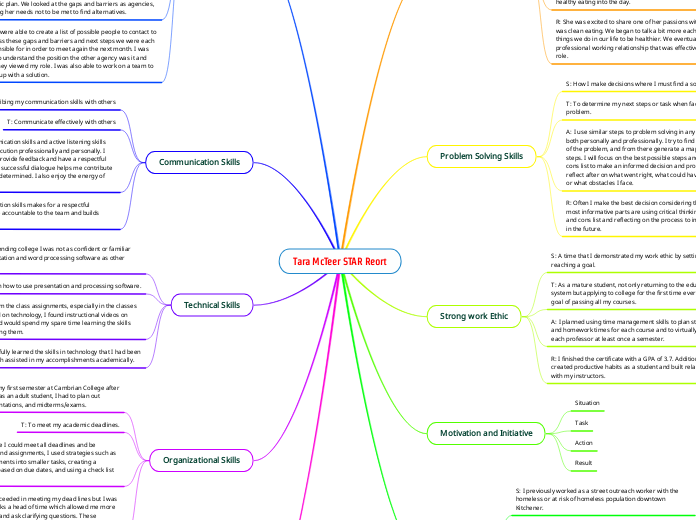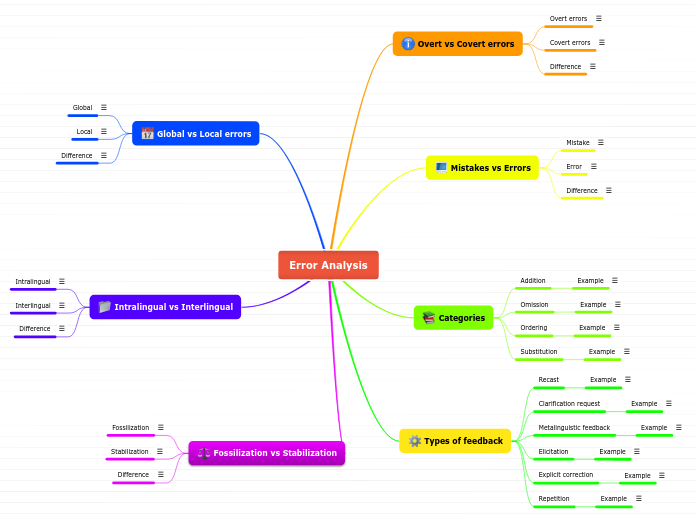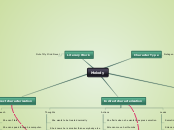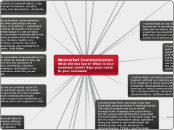von tara mcteer Vor 3 Jahren
129
Tara McTeer STAR Reort
The narrative details a professional's experience in fostering interpersonal relationships and maintaining integrity in the workplace. It highlights an instance where building a connection with a new colleague was crucial due to the emotionally demanding nature of their work with vulnerable populations.









